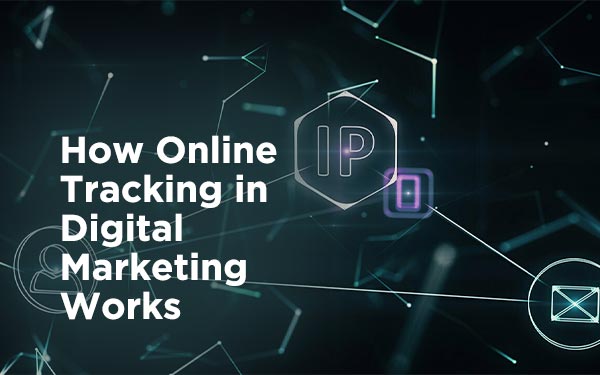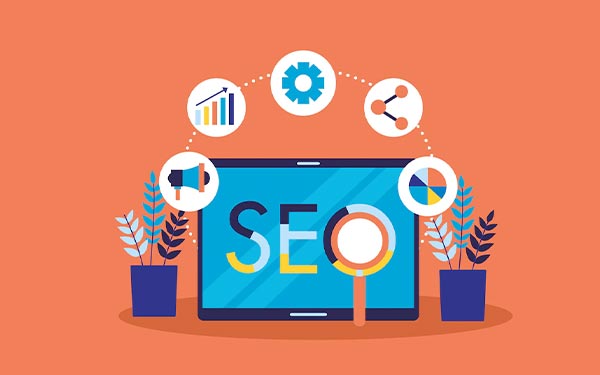
.In the fluid arena of internet, many traditional practices have been shelved to make way for newer, more efficient methods which are tremendously cost-effective with almost half the effort and time.
One such emerging practice is Digital Marketing. Digital Marketing has risen to dominate the marketing and advertising landscape despite being introduced only half a decade ago. The recipe for its success lies in its ability to have a wide-spread reach over almost everyone with an internet connection. H
ere’s some insight to tracking in Digital Marketing:
Cookies A cookie is a digital script tied to a URL of a website. This enables the website to track and record data like a visitor’s virtual identity and activity. Then, anonymous IDs are assigned to the visitors so that they can be approached with advertisements about related products or services after they exit the website.
Device IDs Device IDs come in handy where cookies fall short. Since mobile devices use apps, they don’t generate a URL, and cookies only function with a URL.
Tracking in Digital Marketing has come to heavily rely on Device IDs as almost 90% of traffic comes via mobile devices. Unlike cookies, these anonymous IDs rarely change and allow a consistency in identification of a device. They can be allotted to various segments to create and promote a trend to the target audience individually and in group.
Geo Location & IP Mapping Modern advertisers pin-point the location of a computer through its IP address and movements of a mobile device using Geo Location function. Tracking a mobile device comes in handy for retailers to attract potential customers in the vicinity, whereas IP mapping records the general online behavior of individuals to present them with more customized online advertisements, unlike spam. This way, virtual data is gathered, which can be also used to cross-reference against the physical data.
SEO (Search Engine Optimization) in Digital Marketing Web users mostly rely on the information available on the first page on a search engine.

SEO in Digital Marketing promotes content and guides traffic to the website. With more commonly-used words in the content, it can be optimized to move higher on the list of options. Although the similarities are obvious, the difference between SEO and Digital Marketing is mainly that of the aim of these two. SEO works towards increasing the traffic to the website and is limited to that. Digital Marketing, on the other hand, is concerned with the overall online presence and brand maintenance of the company. It can use radio, television or even print media to do so, and SEO is just one of its many tools. The best digital marketing course will teach you how to optimize your website, generate leads, create a social media campaign and much more.






